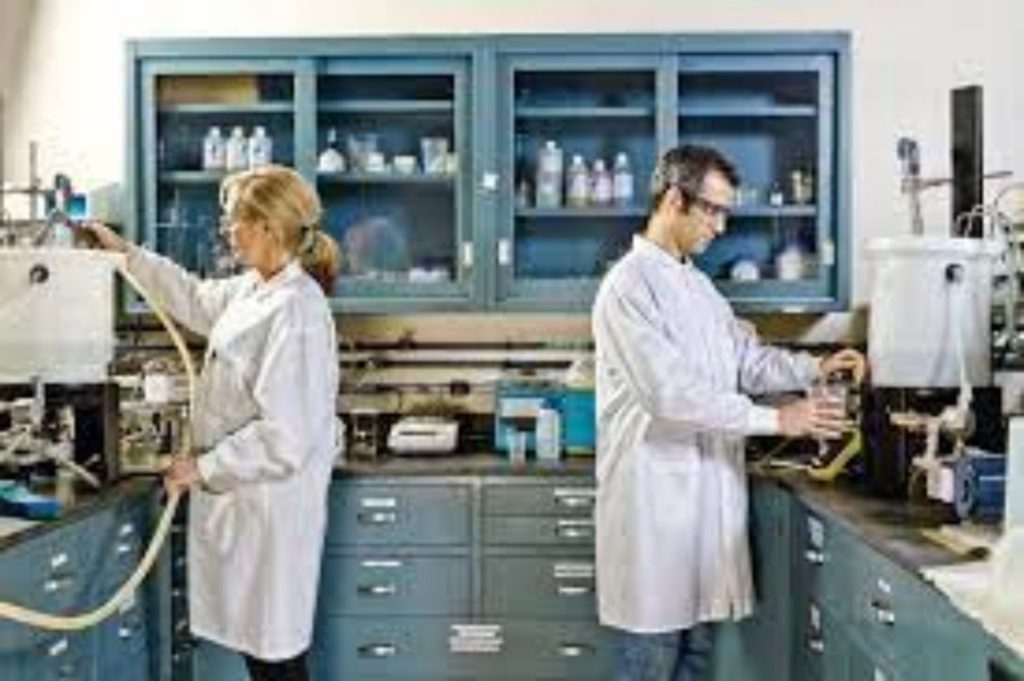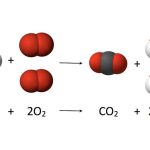which lists the percentages of all chemical engineers by employment sector between 1996 and 2007, shows that the percentage of chemical engineers in these developing industries (pharmaceutical, biomedical, and microelectronics industries) increased from 7.1% in 1997 to 19.9% in 2005.
Chemical engineers are first and foremost process engineers. That is, chemical engineers are responsible for the design and operation of processes that produce a wide range of products from gasoline to plastics to composite materials to synthetic fabrics to computer chips to corn chips. In addition, chemical engineers work for environmental companies, government agencies including the military, law firms, and banking companies.
The trend of chemical engineering graduates taking employment in industries that can be designated as bioengineering is a new feature of the twenty-first century. Not only have separate bioengineering or biomedical departments been established, but some long-standing chemical engineering departments have modified their names to “chemical and bioengineering” to reflect the research and fresh interests of students and faculty.

A bioengineer uses engineering expertise to analyze and solve problems in chemistry, biology, and medicine. The bioengineer works with other engineers as well as physicians, nurses, therapists, and technicians. Biomedical engineers may be called upon in a wide range of capacities to bring together knowledge from many technical sources to develop new procedures, or to conduct research needed to solve problems in areas such as drug delivery, body imaging, biochemical processing, innovative fermentation, bioinstrumentation, biomaterials, biomechanics, cellular tissue and genetics, system physiology, and so on. They work in industry, hospitals, universities, and government regulatory agencies. It is difficult to find valid surveys of specific companies or topics to classify bioengineering graduates’ ultimate locations, but roughly speaking, one-third of graduates go to medical school, one-third continue on to graduate school, and one-third go to work in industry with a bachelor’s degree.


